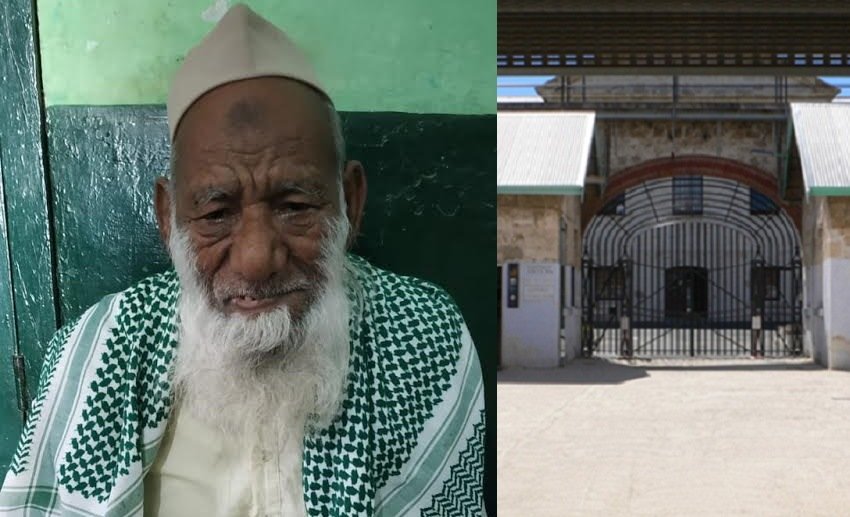
The parole extended till July, will enable Dr. Habib to celebrate Eid at home for the first time since his incarceration in 1994
Team Clarion
NEW DELHI— A 94-year-old frail man was granted interim relief by the Supreme Court of India on Friday as his parole was extended till July.
The petitioner, Dr Habib Ahmed Khan, returned home after 27 years with his family. He will now be able to celebrate his Eid, first time in the last 27 years. This is also his first Ramzan that he is spending at home instead of in jail.
The relief came following efforts by Maulana Syed Arshad Madani, President of Jamiat Ulema-i-Hind, the organisation said in a press release. “Maulana Rabi Hasni Nadvi, President, Muslim Personal Law Board, had also requested Maulana Arshad Madani to seek release of Dr Habib on permanent parole.”
The extension in parole means he will not have to go to Jaipur Jail or will have to surrender in Jaipur Jail till Tuesday when his parole was supposed to end.
Dr. Habib was arrested in 1994 in connection with a series of train blasts in 1993. He was convicted along with two others in 2004.
Gulzar Azmi, head of Jamaat-e-Ulema Legal Aid Committee, said that Dr. Habib had sought permanent parole from the Supreme Court.
During the hearing, Senior Advocate Siddharth Dave and Advocate Mujahid Ahmed told the court that the petitioner was undergoing treatment at home and his condition was critical. “It is not the case that he should go to Jaipur Jail and surrender. Therefore, the court should grant him relief on humanitarian grounds and extend his parole,” Senior Advocate Siddharth Dev told the court that the court had granted six weeks parole to Dr Heeb. Approved which is coming to an end next Tuesday but the petitioner Dr. Habib, who is 94 years old and unable to walk or see, is not in a condition to go back to jail and if he is sent back to jail, he will be in great distress and anything could happen to his life.
Azmi said that Dr. Habib has been released three times in the past. He was released on parole for 21 days but in view of his condition a petition was filed in the Supreme Court to release him on permanent parole as in fact Dr. Habib’s condition is no longer fit to stay in jail. He has lost his ability to walk, his eyesight has deteriorated and he is suffering from other ailments which his family is treating.
Although the court did not release the petitioner Dr. Habib on permanent parole, it once again granted him temporary relief and allowed him to stay at home outside the jail till July.

